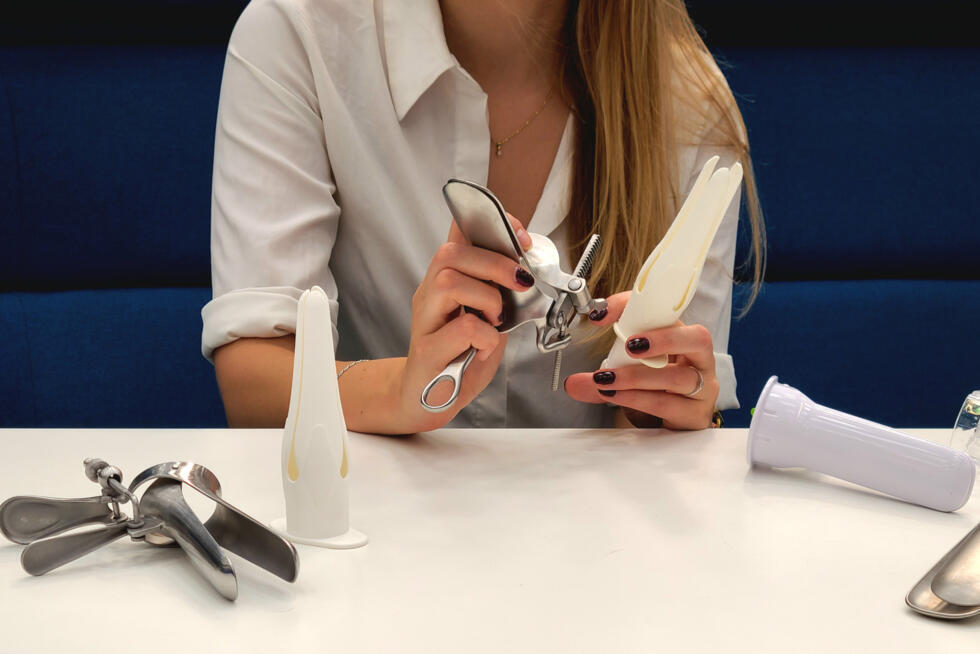The vaginal speculum, a metal device central to routine gynaecological exams, is undergoing a major redesign aimed at easing patient discomfort, thanks to the efforts of two engineers at Delft University of Technology in the Netherlands.
Tamara Hoveling, a PhD candidate in medical industrial design, and Ariadna Izcara Gual, a former master’s student in industrial design engineering, are the minds behind the project. Their goal is to reimagine a device long associated with pain, anxiety, and outdated medical practices. “I have a lot of experience with the vaginal speculum, unfortunately,” said Hoveling. “I’ve never seen it as a pleasurable experience and I’ve always wondered why it looks like this.”
Hoveling began investigating the origins of the speculum and uncovered its troubling history. A widely used version was developed 180 years ago by American doctor James Marion Sims, who conducted tests on enslaved women without their consent. “That motivated me even more to take on this project,” she said.
Their prototype, named the Lilium after the lily flower, is designed to be patient-friendly. Made of soft plastic with an applicator similar to a tampon, the device opens in a manner inspired by the natural bloom of a flower, a far cry from the metal, beaked design of the traditional Cusco speculum. “When you get scared, your muscles clamp together and that makes it even harder to relax,” said Hoveling. “Then the speculum is opened, pushing against these tense muscles and making it even more painful.”
The Lilium also accommodates the clinical need for visibility. Its three-sided opening prevents the vaginal walls from collapsing, ensuring doctors can perform accurate examinations.
Still in early development, the Lilium requires further ergonomic testing, material refinement, human trials, and regulatory approval. To support the next phase, the team launched a crowdfunding campaign that raised €100,000 ($117,000) in just two days, an overwhelming response that signalled widespread demand for change.
“It’s proof there are people who really want change, that there is a real problem here and that the current market solutions are not the best,” said Hoveling. She noted that many women avoid gynaecological exams altogether due to fear or trauma linked to the speculum.
Cervical cancer remains the fourth most common cancer in women globally, according to the World Health Organization. Early detection through smear tests or HPV screenings, which currently rely on the speculum, is key to saving lives. The Lilium, with its potential to make these screenings more tolerable, could become a critical tool in improving women’s health outcomes within the next five years.
